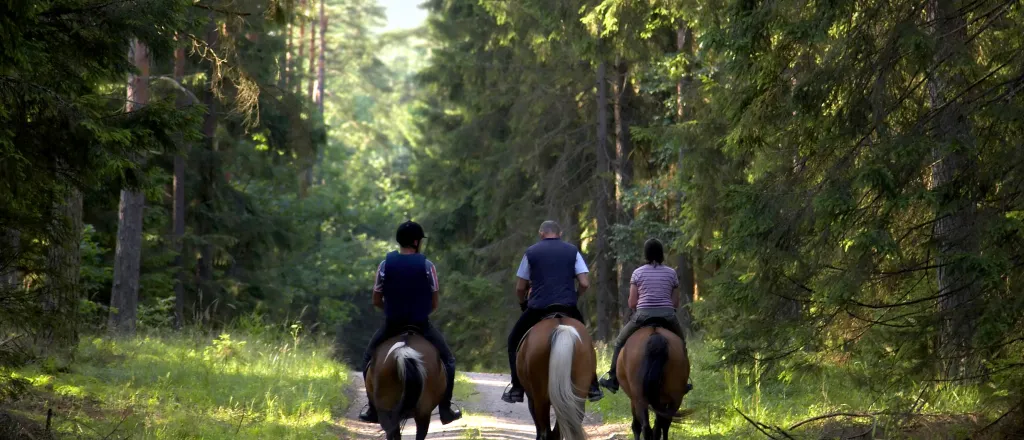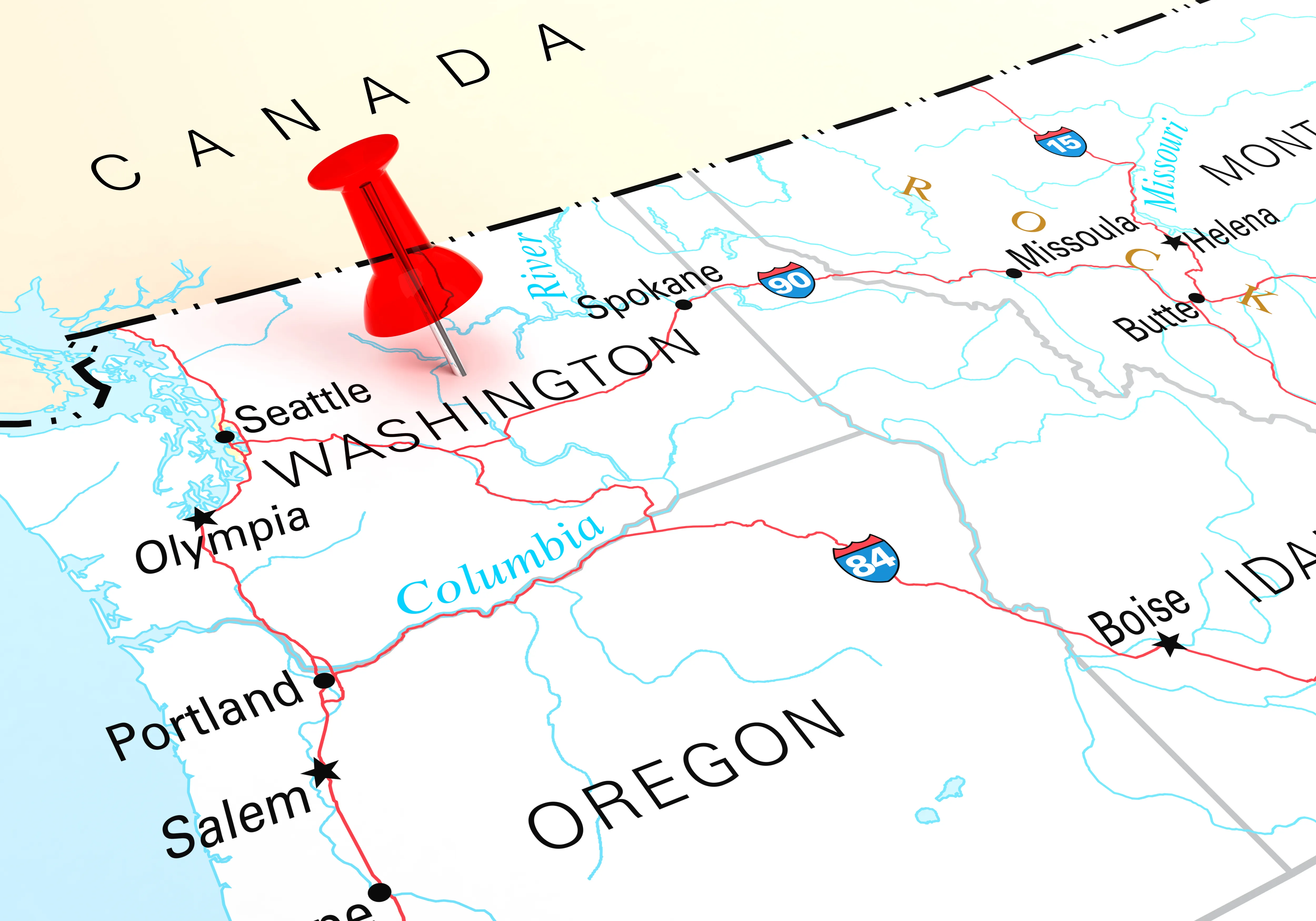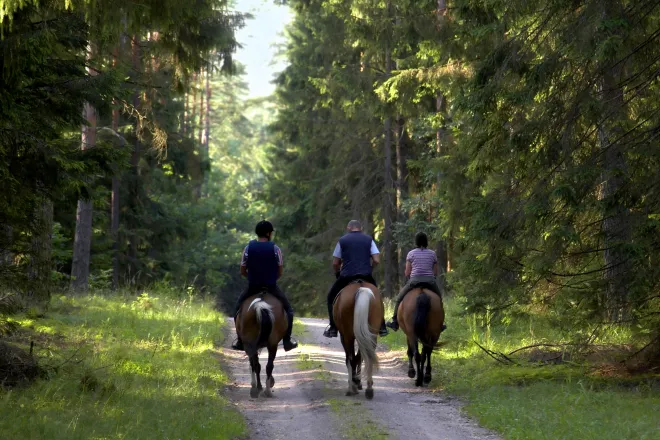
Montana wilderness advocates question motives of 'Conservation Act'
© amaxim - iStock-144283539
Click play to listen to this article.
(Big Sky Connection) Wildlife advocates are pushing back on a bill in Congress which would remove federal wilderness protections from some Montana land.
There are currently 44 Wilderness Study Areas, making up a million acres of Montana's wildest prairies, river breaks, deep forests and mountain peaks in all corners of the state. Experts agreed they provide unparalleled wildlife habitat, clean air and water.
But Senate Bill 2216, sponsored by Sen. Steve Daines, R-Mont., would remove 100,000 acres from the study areas, including Hoodoo Mountain, Wales Creek and the Middle Fork of the Judith River.
Gayle Joslin, a retired wildlife biologist for the state of Montana, called it a move in the wrong direction.
"These areas would be released to mining, to timber harvest, to recreational development," Joslin pointed out.
A 2022 voter survey found only 6% of Montanans support eliminating protections from the study areas. Daines and other supporters of what's been dubbed the "Montana Sportsmen Conservation Act" countered the study areas are "restrictive" and could be better managed to mitigate wildfire risk and increase public access.
The wilderness areas are open to recreational users but not to motorized vehicles, which the bill would change. It is a slimmed-down version of a measure Daines introduced in 2017, which would have removed protections from 500,000 acres but was defeated.
Joslin argued Montana residents are unanimous in their support for public lands and for many reasons, not the least of which is they are disappearing.
"They are simply not making wild country anymore," Joslin stressed. "Every acre we lose is a loss for wildlife and for, really, wildland scenic and spiritual opportunities for people."
Polls also show close to three-quarters of Montanans want to maintain or increase environmental protections and see development as a 'serious threat.' Critics of the bill said Daines sidestepped input from the public and from federal environmental officials. The measure awaits action in the full Senate.

















